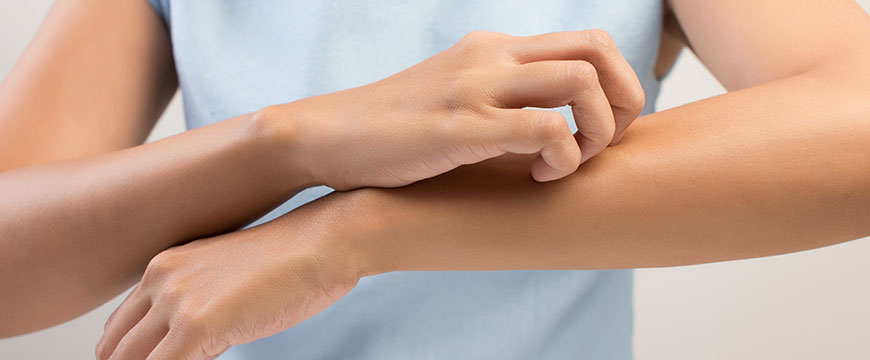
Food allergies are a constant concern for parents. Almost 6 million children become affected by food allergies, and food allergy prevalence of food allergy has a 50% increase since 1997. Having a sibling or parent with allergies increases the risk of a child developing allergies. Therefore, if you or your partner is among the 9 million adults that suffer from food allergies, you could be wondering how you can prevent the same for a child.
You can go to an allergy doctor during your pregnancy to get the best advice on what to do so you can prevent allergies as much as possible. There are always treatments you can get, but it is a lot better if you do not have to at all.
Do Not Restrict the Diet of Your Child
Maternal diet while pregnant or in lactation must not be restricted because it is a way of preventing the development of food allergies.
The main point has been the topic of debate for so many years. Based on the discussion, it is the desire for parents to lessen the chance that their child is going to develop food allergies. An older piece of advice has suggested avoiding allergenic foods while pregnant and during breastfeeding as a way to decrease food allergy risks. Unfortunately, this strategy is not proven to be effective when it comes to reducing food allergies.
Breastfeed Your Baby
Breastfeeding your baby can help prevent the development of food allergies. Since breastfeeding is connected to a lot of health benefits, it is recommended that you breastfeed your baby beyond 2 years old.
Introduce Common Food Allergens When they are Ready for Solid Foods
For most babies, this is about 6 months. Your baby can have solid foods when they can already do the following:
- Hold their head up
- Tell you when they are already full
- Sit and lean forward
- Pick up food while bringing it to their mouth
You should not introduce solid foods before 4 months old. Your baby is not going to be ready. It is not going to help reduce the risk of your baby developing a food allergy.
Once you have introduced only a few other solid foods, you can offer food allergens all at one time. There is no research showing that you have to wait a certain number of days between those.
Foods You Can Take to Help Prevent Allergic Disease
When you are an expectant mother and eat foods rich in omega-3 fatty acids, you can decrease the risk of allergic diseases in your child. This appears to be true if you have asthma and you have a male child.
Foods high in omega 3 are:
- Sardines
- Salmon
- Tuna
- Oysters
- Chia seeds
- Mackerel
- Flaxseeds
- Walnuts
- Fortified foods like certain brands of yogurt, eggs, milk, and juices
Eating foods rich in vitamin D also reduces the risk of food allergy and asthma in children.
Foods high in vitamin D are:
- Fish
- Dairy products
- Mushrooms
- Egg yolks
- Vitamin D-enriched foods such as soy milk, cereal, and orange juice
Early Introduction can Help Prevent Peanut Allergy
Studies have shown that giving foods that contain peanuts early to high-risk infants can prevent peanut allergies from developing.
Giving foods that contain peanuts early to an infant can help prevent peanut allergy. Based on the study, a group of infants that are at risk of peanut allergies that were given 2 grams of peanut thrice a week had a lot less peanut allergy when they reached 5 years old.
You can talk to an Allergist Germantown MD if you need more advice about this.








